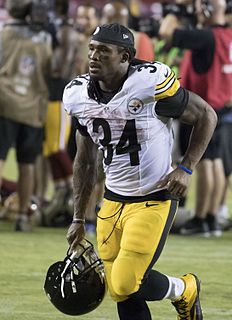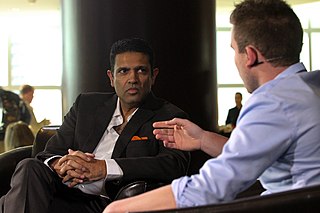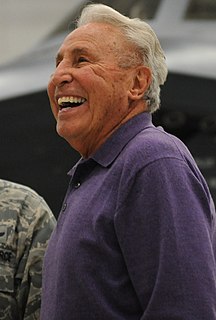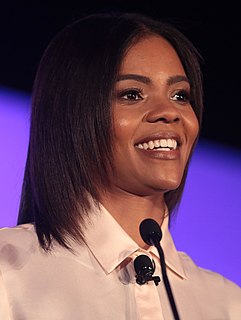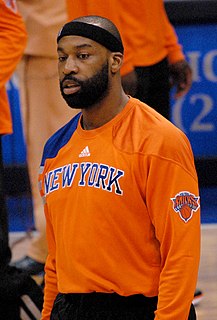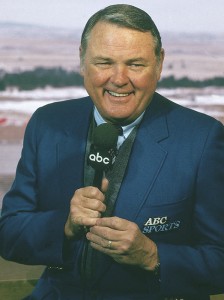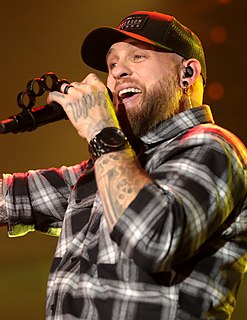A Quote by DeAngelo Williams
The difference between the National Football League and college is this: In college, you are a broke college student.
Quote Topics
Related Quotes
At a Texas college, a football field that was turned into a farm. The Tigers of Paul Quinn College lost more football games than they won on this field. So, years ago, when the historically black college on the South Side of Dallas was in financial crisis and had a 1 percent graduation rate, a new president turned everything over, including the football field.
